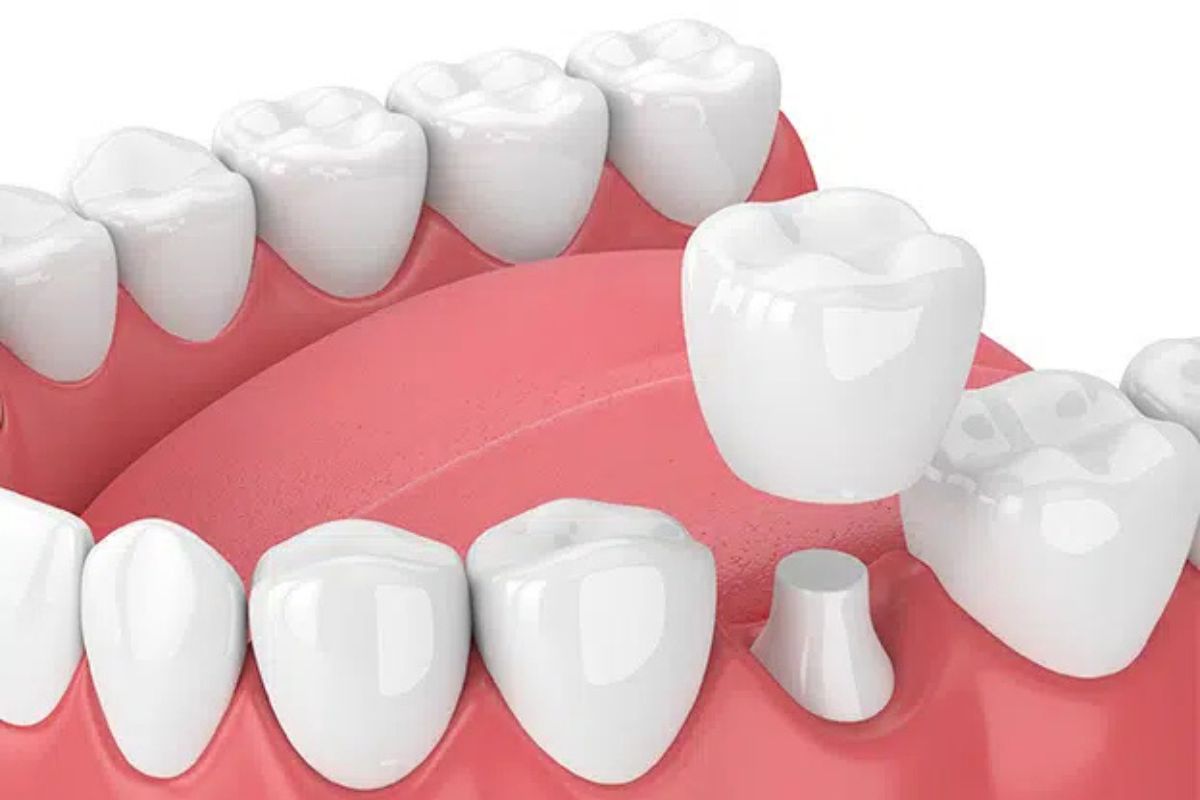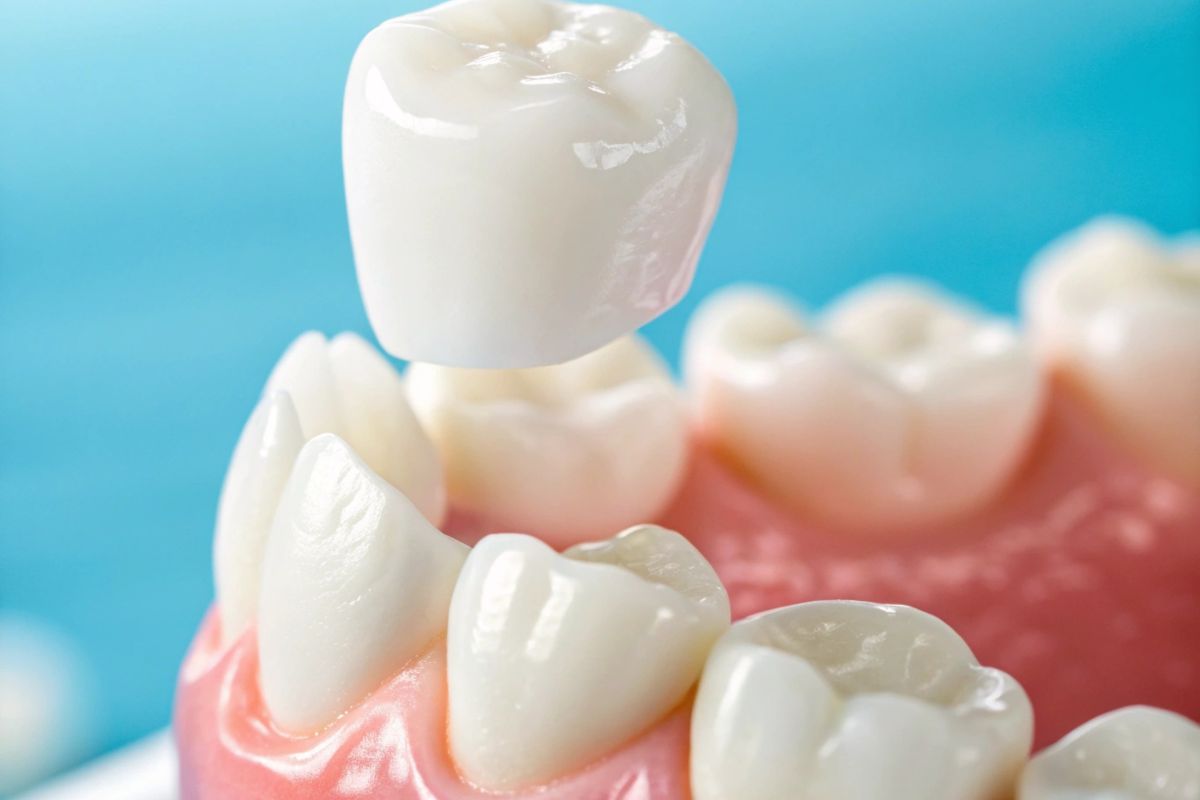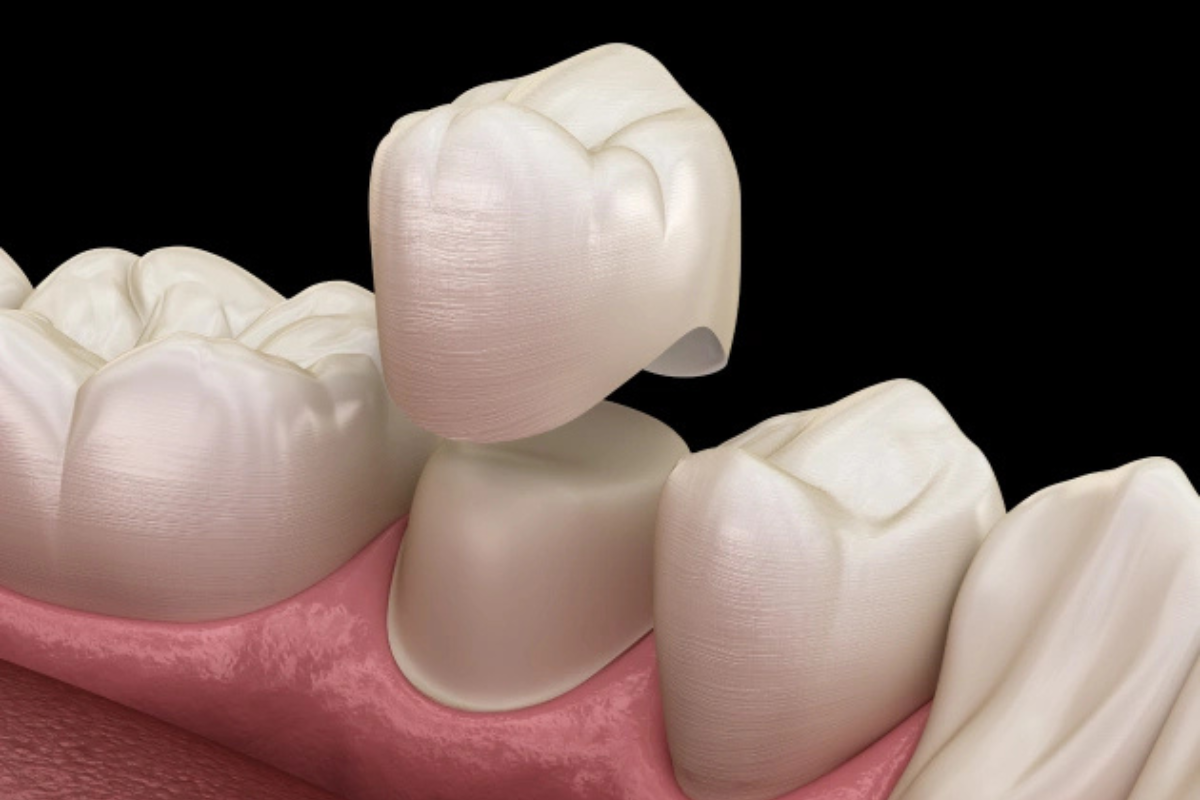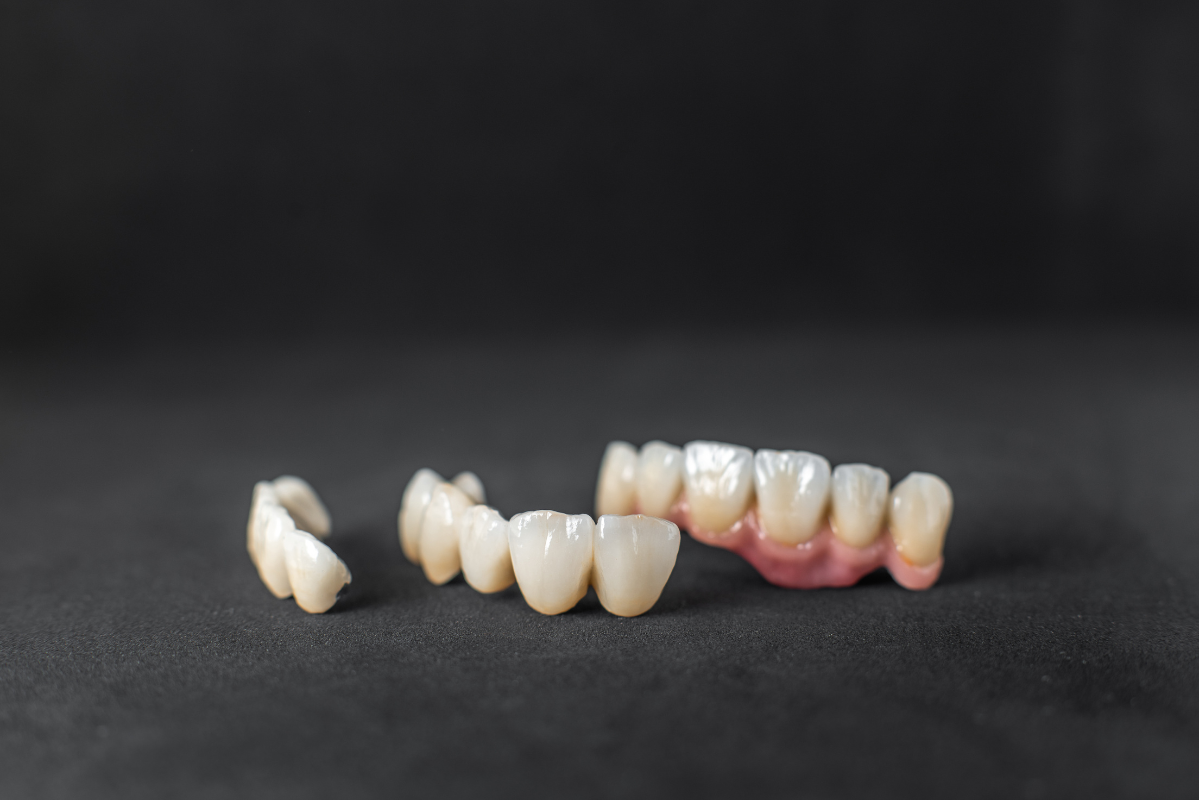
Choosing Dentures: A Guide to Making the Best Decision
July 22, 2024
Dentures
Choosing the right dentures can transform your life, offering a renewed sense of confidence and comfort. Imagine smiling without hesitation, enjoying your favorite foods with ease, and speaking clearly without the fear of discomfort. For many, dentures are not just a solution but a gateway to a more vibrant and fulfilling life. With so many options available, from traditional acrylic to advanced implant-supported dentures, making the right choice can feel overwhelming. In this comprehensive guide, we’ll break down the various types of dentures, discuss essential factors to consider, and provide practical tips to help you make an informed decision. Dive into this blog to discover how to find the perfect dentures for your needs and regain your smile with confidence.
Types of Dentures
Complete Dentures
Complete dentures are used when all teeth are missing. These are designed to fit comfortably over your gums, providing a full set of teeth for both upper and lower jaws. They can be further categorized into conventional and immediate dentures. Conventional dentures are made after the teeth have been removed and the gum tissue has healed, which usually takes several months. Immediate dentures, on the other hand, are made in advance and can be positioned as soon as the teeth are removed.
Partial Dentures
Partial dentures are suitable for those who have some natural teeth remaining. These dentures consist of replacement teeth attached to a pink or gum-colored plastic base, which is sometimes connected by metal framework that holds the denture in place. They fill the gaps left by missing teeth and prevent other teeth from changing position.
Implant-Supported Dentures
Implant-supported dentures are anchored by dental implants. These are a great option for added stability and support, especially for the lower jaw where dentures tend to be less stable. The implants hold the dentures securely, reducing the movement and improving comfort.
Material Choices
Acrylic Dentures
Acrylic is a common material for dentures due to its light weight and affordability. They are easy to adjust and can be relined or rebased if needed. However, they may not be as durable as other options and can sometimes cause irritation to the gums.
Metal-Frame Dentures
Metal-frame dentures are known for their strength and durability. The metal framework offers a secure fit and is less likely to break compared to acrylic dentures. They are often preferred for partial dentures due to their stability.
Flexible Dentures
Flexible dentures are made from a softer, more flexible material. They are less likely to cause irritation and can adapt to the shape of your gums better than rigid dentures. These are especially useful for patients with irregular gum shapes or sensitivities.
Factors to Consider When Choosing Dentures
Comfort and Fit
Comfort is paramount when choosing dentures. Ill-fitting dentures can cause sores, pain, and difficulty in chewing. It’s essential to have dentures custom-fitted by your dentist to ensure they conform well to your gums and the shape of your mouth.
Aesthetic Appearance
Dentures should look as natural as possible. Dentists design high-quality dentures to mimic the appearance of natural teeth, considering tooth color, shape, and alignment. Discuss your aesthetic preferences with your dentist to achieve the best results.
Functionality
The primary function of dentures is to restore the ability to eat and speak comfortably. Consider how well the dentures will enable you to perform daily activities without discomfort or difficulty. Implant-supported dentures often offer the best functionality.
Durability
The longevity of dentures varies based on the material and how well they are cared for. Metal-frame dentures generally last longer than acrylic ones. It’s crucial to follow the maintenance instructions provided by your dentist to extend the lifespan of your dentures.
Cost and Insurance
While we avoid the term “affordable,” it’s still important to consider the cost. Discuss with your dentist the different options and what might be covered by your insurance. Some materials and types of dentures may be more expensive upfront but could offer better long-term value.
The Process of Getting Dentures
Consultation and Assessment
Your journey to getting dentures begins with a consultation. Your dentist will assess your oral health, discuss your needs, and suggest the most suitable type of denture. This initial step is crucial in ensuring the best fit and function.
Impressions and Measurements
Accurate impressions of your mouth will be taken to create a model. These measurements are vital for crafting dentures that fit well and feel comfortable. Your dentist might also take measurements of your jaw to ensure proper alignment.
Trial Fittings
Before the final dentures are made, you will have trial fittings. These allow you and your dentist to assess the fit, comfort, and appearance of the dentures. You can make adjustments at this stage to avoid any discomfort once you finalize the dentures.
Final Fitting and Adjustments
Once your dentures are ready, you will have a final fitting. It’s normal to need some adjustments after this fitting to ensure optimal comfort and functionality. Your dentist will provide instructions on how to care for your new dentures.
Caring for Your Dentures
Cleaning and Maintenance
Proper cleaning and maintenance of your dentures are essential for their longevity and your oral health. Rinse your dentures after eating to remove food particles. Brush your dentures daily using a non-abrasive denture cleanser to keep them free of stains and plaque. Soak your dentures overnight in a mild denture-soaking solution to keep them moist and maintain their shape.
Regular Dental Visits
Regular check-ups with your dentist Matthews are crucial to ensure your dentures remain in good condition and your mouth stays healthy. Your dentist can identify any potential issues early and make necessary adjustments to your dentures.
Handling with Care
Handle your dentures carefully to avoid dropping them, which can cause cracks or breaks. When cleaning your dentures, stand over a folded towel or a basin of water to cushion them if they fall.
Common Challenges and Solutions
Soreness and Discomfort
It’s common to experience some soreness and discomfort when you first start wearing dentures. Give yourself time to adjust, and use denture adhesive if recommended by your dentist. If the discomfort persists, consult your dentist for adjustments.
Eating Difficulties
Eating with new dentures can be challenging at first. Start with soft foods cut into small pieces. Chew slowly and use both sides of your mouth to prevent the dentures from tipping. Gradually reintroduce harder foods as you become more comfortable.
Speaking Issues
You might find speaking with dentures tricky initially. Practice speaking out loud, and read aloud to get used to the feel of the dentures in your mouth. If certain words are particularly challenging, repeat them until you become more comfortable.
Loose Dentures
If your dentures feel loose, visit your dentist. Dentures can become loose over time due to changes in the shape of your gums and jaw. Your dentist can reline or rebase your dentures to improve the fit.
Choosing the right dentures involves considering various factors, from the type and material to comfort and cost. Consulting with your dentist Matthews will ensure you make an informed decision that meets your needs and preferences. With the right choice, you can restore your smile and enjoy improved oral functionality.
In the final steps of your decision-making process, think about the long-term benefits and how dentures will impact your daily life. Remember, well-fitted and high-quality dentures can significantly enhance your quality of life.
For those in Matthews, finding a reliable dentist is crucial for getting the best results with dentures. A professional and experienced dentist can guide you through every step, ensuring you choose the option that best suits your needs. As you conclude this journey, remember to ask about “Dentures Matthews” for local insights and recommendations.
More Blog Posts

Composite vs. Amalgam Fillings: Which Is Better for Your Smile?

How to Know When Your Dental Crown Needs Replacement

Dental Crown Problems & How to Fix Them

Caring for Your Dental Crowns: Do’s and Don’ts


